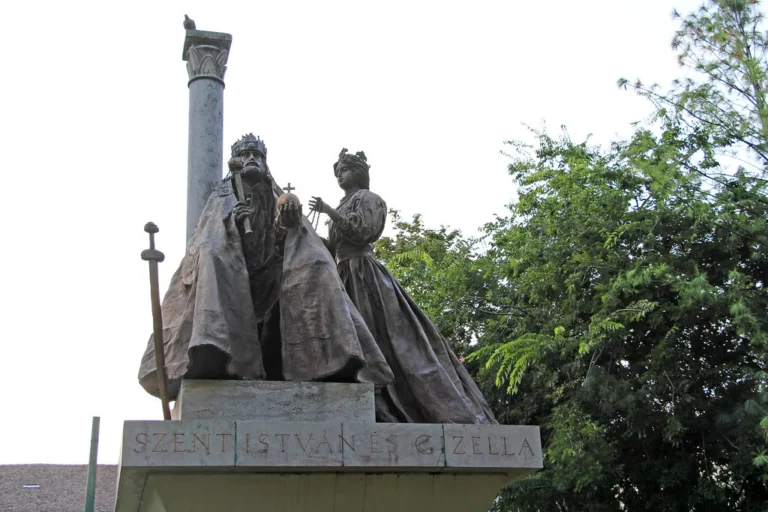environment
Hungary’s and Austria’s tourist hotspot Lake Fertő in grave danger

Single price for drinks bottles is introduced in Hungary

Mandatory redemption of glass, metal and plastic bottle in Hungary from January

Planet Budapest 2023 sustainability expo which ended on Sunday
The Planet Budapest 2023 sustainability expo which ended on Sunday was successful in all aspects, creating a demand to organise...
Government decree deathblow to Hungarian environmental safeguards?

Shipwreck found in Hungarian river: may be half a century old

Creating CEElicon Valley – The HVCA held its annual investment conference

Sorrowful prediction: Pines to disappear from Hungary

Lex battery plant: authorities can no longer fine pollutant factories in Hungary?

Opposition party wants Hungarian minister to resign

Hungarian rescue team to arrive in flood-stricken Libyan port city soon

Lake Velence could completely disappear by 2050

Hungarian minister shared what is needed to reach decarbonisation goals

Hungarian opposition says slash use of farm chemicals

Hungary amongst countries with the smallest carbon footprints

Hungarian opposition calls for west-facing orientation

VIDEO: Earthquake in East Hungary

20 August fireworks: Budapest Mayor highlights importance of environmental protection





 ZH
ZH IT
IT DE
DE HR
HR NL
NL FR
FR JA
JA RO
RO RU
RU ES
ES TR
TR
